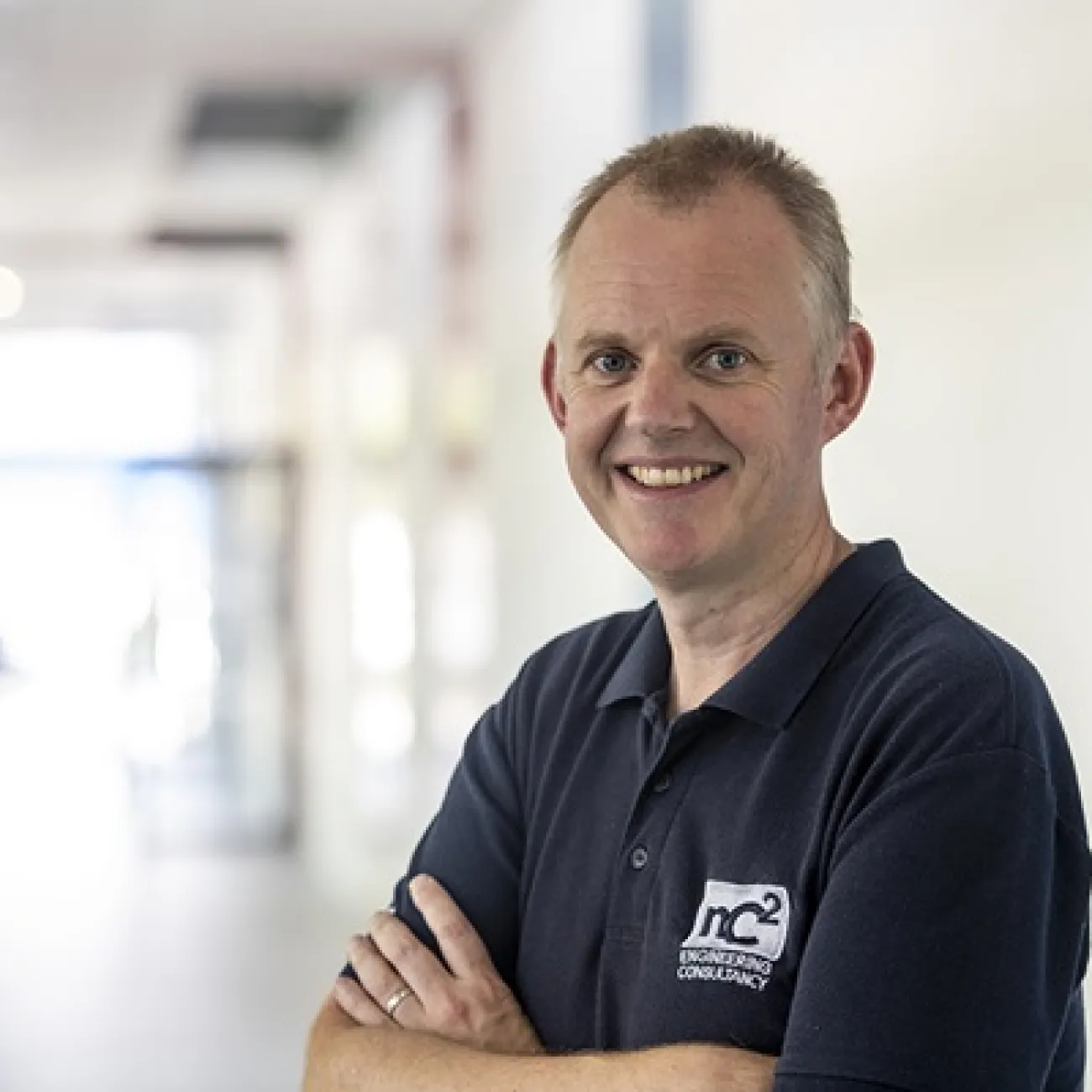About
Spencer Court, Senior Corrosion Consultant, is nC2’s cavitation, corrosion and environmental testing expert. He joined nC2 in 2016, bringing 15 years’ experience of corrosion-related projects in the marine and oil/gas industries. He has since used his specialist knowledge to help clients across many industry sectors including defence and manufacturing.
Spencer has a degree in applied chemistry and a PhD in corrosion science, and is a professional member of the Institute of Corrosion.
Spencer leads on nC2’s corrosion testing carrying out environmental corrosion testing, which recreates aggressive environments such as salt spray and high humidity to identify the resistance of materials/coatings to a specific environment. He oversees and maintains two environmental chambers and one UV chamber, which adhere to industrial standards testing materials/coatings by monitoring changes in colour, weight, gloss, visual appearance etc. This is often coupled with electrochemical corrosion testing, which involves taking measurements using potentiostats which are used to determine the corrosion rates of materials and also the impedance resistance of coatings. These tests are generally quick and can be used to back up the information from the environmental testing.
Spencer also conducts cavitation erosion testing, which measures the wear caused by water bubbles imploding onto a surface, and friction testing, which uses a TE77 tribometer to measure sliding wear and friction for a material pair.
Prior to working for nC2 Spencer worked for companies in the marine and oil/gas sectors designing cathodic protection (CP) systems for ships and yachts before moving on to CP projects for ports and harbour installations, and then pipelines and rigs in the oil and gas industry.
You can update this in Pure (opens in a new tab). Select ‘Edit profile’. Under the heading and then ‘Curriculum and research description’, select ‘Add profile information’. In the dropdown menu, select - ‘About’.
Write about yourself in the third person. Aim for 100 to 150 words covering the main points about who you are and what you currently do. Clear, simple language is best. You can include specialist or technical terms.
You’ll be able to add details about your research, publications, career and academic history to other sections of your staff profile.
